The Healthfinder blog post provides information, clinical findings, guidelines, medication related to epilepsy and other epileptic conditions.
Every individual’s epilepsy story is unique and sharing their story helps others know they are not alone.
The conditions of being diagnosed overcoming challenges, and much, much more.
Epilepsy is a central nervous system disorder in which brain activity becomes abnormal, causing seizures or periods of unusual behaviour, sensations, and sometimes loss of awareness.
Anyone can develop epilepsy. Epilepsy affects both males and females of all races, ethnic backgrounds, and ages.
CContents
The curious cause of Epiletic seizures:
What triggers a seizure?
’Trigger warning” has become a buzzword. it’s generally used to warn people that something they can see or read could cause an emotional – and often unpleasant – response. But in the epilepsy world, “trigger’ has a little different meaning: It is something that can bring on a seizure. or a seizure trigger.
When people think of seizures, they often picture someone falling on the ground and convulsing(shaking). That’s one of the dozen types of seizures. Depending on where in the brain the seizure occurs, seizures can cause:
- Shaking
- twitches
- confusion
- Blank stares
- Pain
- Changes in sensation (hearing, vision, taste)
- Feelings of fear, anxiety, dread, or even pleasure
- changes in heart rate or breathing
- Stiffness throughout the body
- Repeated or automatic movements
Sometimes it’s the result of a head injury or it runs in the family. But in about 50% of cases, there is no known cause. Fortunately, most people with epilepsy can control their seizures with medication, surgery, medical devices.
What Triggers Epileptic Seizures?
No two cases of epilepsy are the same. One person’s seizure triggers may be completely different than someone else’s triggers.
But in general, there are several well–known – and extremely common – triggers.
Missed Medication
Missed medication is the #1 reason why people with controlled seizures have breakthrough ones(sudden, unexpected seizures in a person who previously had control over their seizures).
If you don’t have controlled seizures, missing medication can cause your seizures to occur more often than usual or be more intense.
Missing one dose isn’t necessarily a cause of panic- it’s common for people to miss a dose every so often. And in most cases nothing bad happens.
if you do miss your medicine, the general rule of thumb is to take medicine as soon as you remember it, unless it’s almost time for your next dose. Avoid doubling up on doses.
Lack of sleep
Getting a good night’s sleep is important for everyone, but it’s especially if you have epilepsy.
While you are sleeping. there are changes in your brain’s electrical and hormonal activity. These changes can be triggers, which is why some people tend to have seizures while they are sleeping. The changes can also trigger seizures in people who haven’t gotten enough sleep.
Epilepsy can disturb your sleep, but sleep deprivation can aggravate your seizures.
The National sleep foundation recommends that people ages 18 to 64 get 7 to 9 hours per night.
Stress
Stress can take a physical toll on your body.it can cause headaches, sleeplessness, or increase your risk for conditions like Heart disease or Diabetes if it is long-lasting. If you have epilepsy, stress can also bring on seizures.
The exact reason why this happens isn’t understood, especially because is subjective and can be different from person to person.
One study did find that some people feel a loss of control when they are stressed and develop worry and fear(anxiety). This can cause someone to hyperventilate – breath rapidly and deeply- which can increase abnormal brain activity and provoke seizures.
Just like sleep, stress and epilepsy are double-edged swords. stress, anxiety, and other mood disorders can trigger seizures, but these are fairly common among people with epilepsy.
Alcohol
In small amounts, alcohol doesn’t typically cause seizures. However, binge drinking- having too much alcohol at once in a short period – or having 3 or more drinks can be triggered.
Alcohol-related seizures usually occur during withdrawal, when alcohol is leaving your system. This means that if you’re drinking and aren’t having seizures, you’re not necessarily in the clear – seizures could come later on.
Withdrawal seizures can occur 6 to 72 hours after you’ve stopped drinking.
Menstruation
Your brain has many nerves that are directly affected by the main sex hormone in women- estrogen and progesterone. At high doses, estrogen can cause or worsen seizures.
During your cycle. there may be times when you don’t get enough progesterone, or the balance between the two hormones is off. And that’s when seizures are more likely to occur.
A Note About Birth Control
Hormone-based contraceptives combine estrogen and progestogen. or just progesterone. Oral contraceptives(“the pill”) are the most common. for many women with epilepsy, the pill is safe. For others, certain types of birth control pills can increase seizures.
This is particularly common if you take lamotrigine (Lamictal). Hormone-based birth control with estrogen lowers the amount of lamotrigine in the blood by 50%, making it much less effective.
The relationship between hormone-based birth control and epilepsy medication can go the other way, too. Some epilepsy drugs increase the liver’s ability to break down hormones, which decreases the effectiveness of birth control. However, birth control methods without hormones, such as condoms or non – hormone-based intrauterine devices (IUDs), and using back – up forms of birth control.
The common Cold…or a Sinus Infection…or a flu
Fever, the physical stress of being sick, and dehydration can also bring on seizures.
A Whole Host Of Other Things
Missed medication, lack of sleep, stress, alcohol, and menstruation are some common triggers, but there are many more.
Flashing lights can cause seizures in some people, but it’s much less frequent than you might imagine. Only 3% of people with epilepsy are photosensitive
Herbal Medication and supplements
Herbal medications- as well as the herbs that go into many dietary supplements- can cause seizures or worsen the side effects of seizure medication. The same goes for essential oils. certain ones such as juniper and umbrella plant, have been known to induce seizures.
Nutritional Deficiency
Vitamin B6 (pyridoxine) deficiency is the only type of vitamin Deficiency that’s been proven to potentially cause or worsen seizures. This usually occurs in newborns and infants.
In some people, low levels of sodium, magnesium, and calcium can alter the brain’s electrical activity and cause seizures.

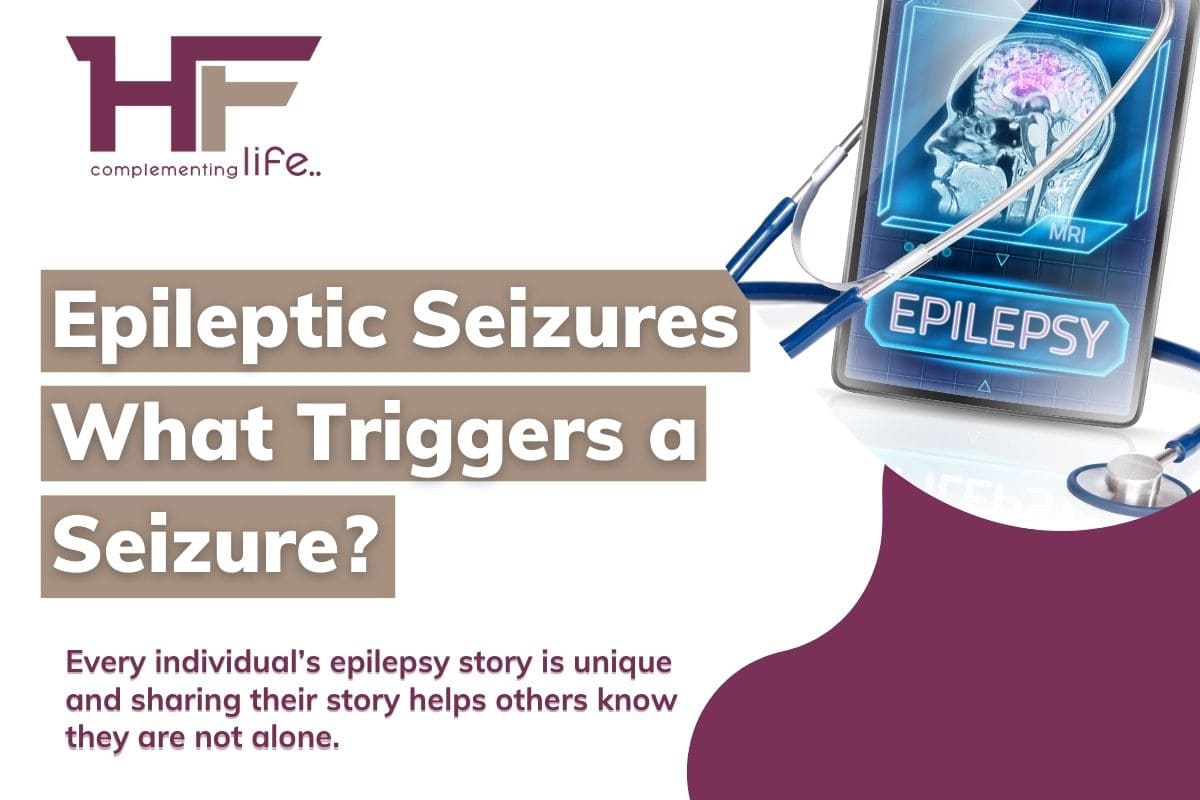
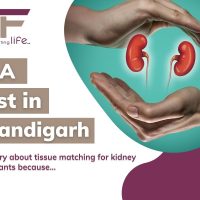
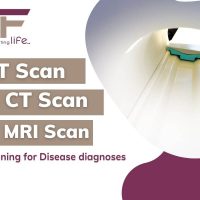
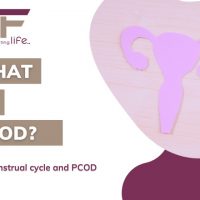


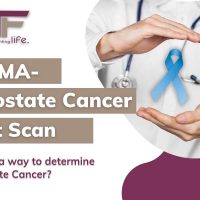
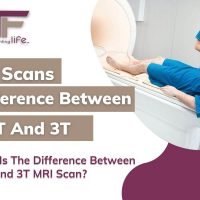

Comments